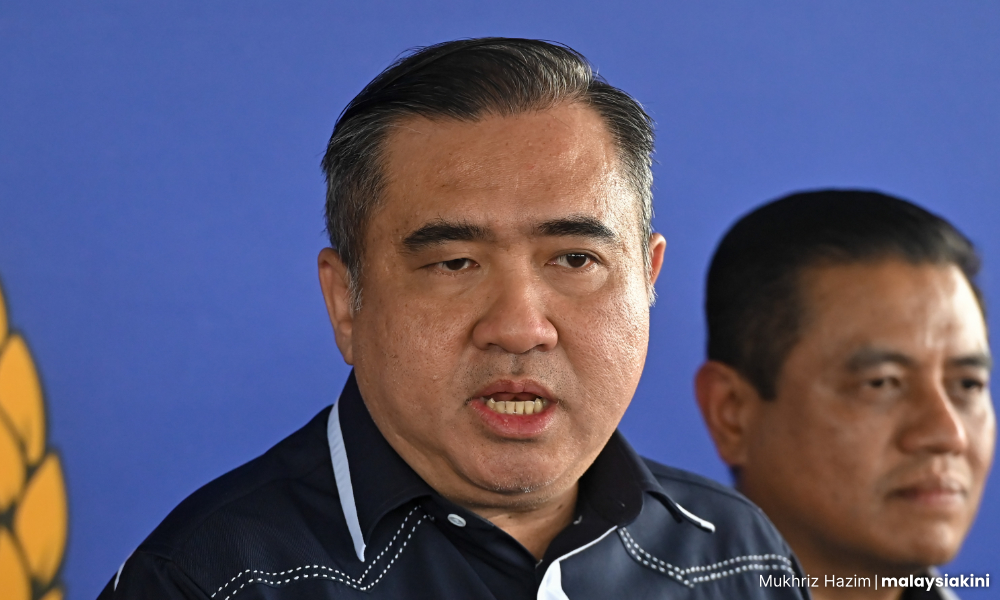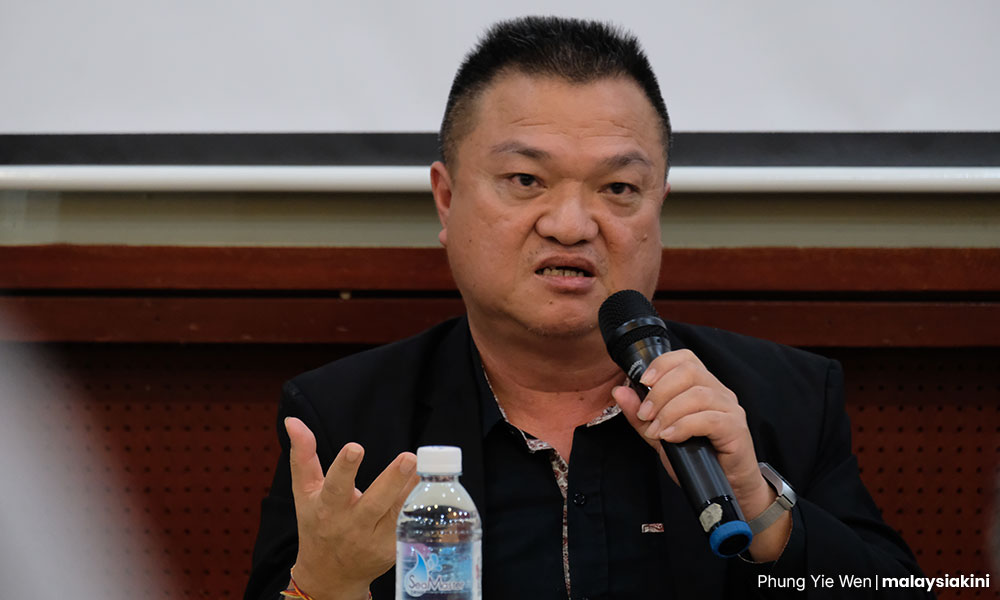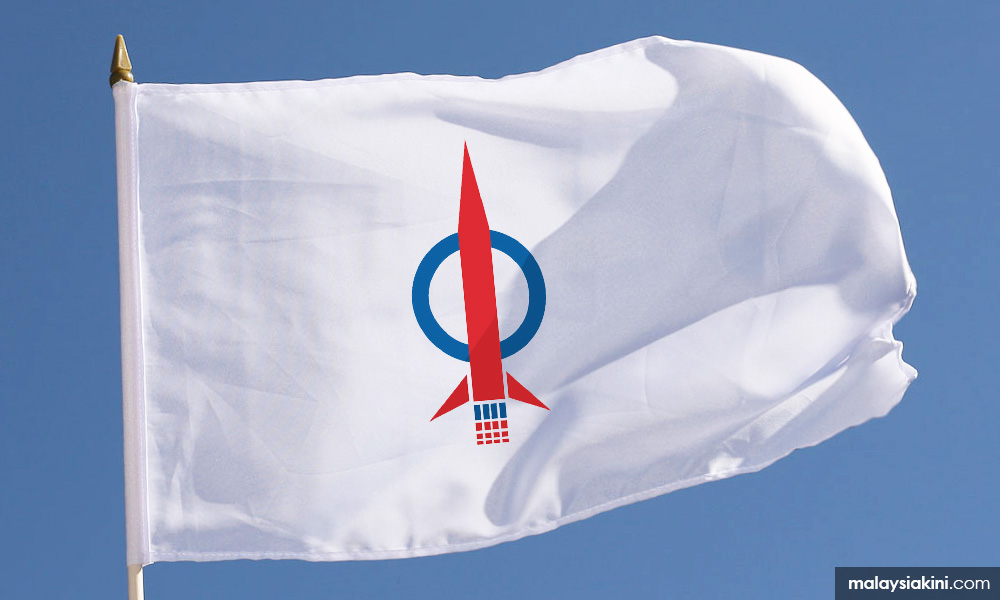KKB BY-ELECTION | With disappointed Chinese and disgruntled Indian voters, some have posited that Pakatan Harapan’s quest to retain the rustic and scenic Kuala Kubu Baharu seat could turn into a misadventure.
Following Umno Youth chief Dr Muhamad Akmal Saleh’s vaporescent response to the KK Mart issue and Harapan’s inaction, which in the words of political scientist Wong Chin Huat, “made even the green wave appear less scarier”, these voters are considering abstention as an option to send Prime Minister Anwar Ibrahim and his government a message.
However, Wong noted that PAS Youth chief Ahmad Fadhli Shaari did the DAP election candidate Pang Sock Tao, who is making her election debut, a favour when he homed in on her vernacular education background.
“He revived the non-Muslims’ strong deep repugnance and distrust of Perikatan Nasional. This will certainly help raise the turnout rate among Chinese voters and improve DAP’s chances,” he added.
"If DAP wins with a decent Chinese turnout, they should perhaps send Fadhli a thank-you card. Such enemies are just God-sent," he quipped.
As for DAP, Wong, in an interview with Malaysiakini, inferred that it finds itself in a predicament whenever a “red line” is crossed and the prospect of former premier Najib Abdul Razak leaving prison to be confined in his luxurious home is akin to crossing the Rubicon.
“The problem with Anwar and Harapan is trying too hard to woo Malay votes in a zero-sum game manner.
“It is politically necessary and legitimate for the government to woo the majority group whose support is not forthcoming but it has to avoid falling into the old paradigm of zero-sum game. The government must break out of this mould.
“However, the motivation to break from the old mould is limited if they think the minorities and liberals have no other option. They do, and their option is to abstain,” he added.
Although the May 11 election is a four-cornered tussle on paper, Wong believes there are only three in the race - Harapan, PN and “Parti Aku Malas Undi” (Pamu) of reluctant voters.
Will Loke be blamed?
Quizzed on whether a defeat or narrow win would land DAP secretary-general Anthony Loke in the line of fire, Wong said he should not be blamed if the outcome is unfavourable.

According to him, there are two “separate but intertwined” developments, which are Loke succeeding Lim Guan Eng, who is perceived as more of a firebrand politician, and DAP’s place in the coalition government.
He pointed out that Loke’s “diplomatic and pragmatic” style is an asset that DAP needs in its evolution from the opposition to being part of the government, and to expand its base.
“Loke is competent, personable and scandal-free, endearing himself to middle-ground Malays,” he added.
On the contrary, Wong said if DAP had picked a leader who appealed to its traditional Chinese support base but might alienate the Malays in the process, its future would be an inevitable decline as the number of Chinese-majority seats reduces.
“While the media sometimes speculates about the rivalry between Loke and his peers including (vice-chairperson) Nga Kor Ming, it appears Loke is a consensus choice for most DAP leaders of their generation.
“In that sense, Loke's style is partly generational, reflecting the more diverse demographic in the DAP leadership and membership,” he added.
Expounding on DAP’s role in the coalition government, Wong said while this is related, it is also distinguishable.
Having learnt their lesson from the Sheraton Move and wanting to avoid a PAS-dominated government after the last national polls, he said, DAP was determined to back Anwar as prime minister even if it entailed not having cabinet posts.
“To avoid the ‘DAP-controlled’ label, Anwar deliberately under-represented DAP in his administration with only four ministers and six deputy ministers and only rewarded DAP with an extra minister in the first reshuffle,” he added.
DAP’s challenge
Wong said the challenge confronting DAP as a senior government party is not just to remain competent and clean, but also to adhere to certain “red lines” and live up to its reputation of being a political force uncompromisable by power and perks.

Last May, former lawmaker Ong Kian Ming revealed that DAP was willing to compromise on numerous issues but allowing Najib to walk free was a “red line” it would not cross.
“While PN likes to paint DAP as the real master of the government so that both Anwar and Umno lose their Malay credential in the eyes of Malay voters, DAP is actually much more restrained in comparison to the assertive Umno and GPS (Gabungan Parti Sarawak), hence appears tamed in the eyes of its base.
“DAP is seen by its traditional supporters as having compromised on two grounds. The first, reduction of inter-ethnic inequality in legal and policy terms (what its supporters call institutionalised racism) and second, the pursuit of reforms and justice on corruption,” he added.
However, due to the fear of the “green wave”, Wong said its supporters grudgingly accepted the backpedalling.
“But their patience was tested when Najib tried to get out of jail and Anwar let the KK Mart firestorm, fanned by Umno, burn for two weeks.
“DAP appeared to have found no effective way to stop Umno concerning Najib and ethnic relations,” he added.
However, Wong said DAP has an option albeit a difficult one - making real of its “red lines”.
He explained this would mean adopting a stand to support the Harapan chairperson’s premiership without being in the government and all 39 MPs, except for Alice Lau who is deputy speaker, becoming backbenchers.
“This is perfectly fine where the anti-hopping law is concerned because DAP parliamentarians are not leaving Harapan. Being on the government backbench would allow them to be more critical and also spare them from voters' frustration and anger.
“As Anwar certainly would not want to see this, the presence of such ‘red lines’ would prevent the government from overly leaning towards Umno or the Malay nationalist constituency that Anwar bends over to please.
“But as DAP ministers have put in so much effort into their ministerial work, the motivation to do more in the government might now outweigh the willingness to stay out of the government, causing the disappearance of the ‘red lines’,” he added.
Conversation on ‘red lines’ necessary
Wong said DAP can become more effective while remaining pragmatic and moderate by returning to an internal conversation about these “red lines”.

“This conversation is necessary to build a party-wide consensus. Otherwise, the party might be split in the middle by a decision to go backbench if Anwar goes too far, with objections coming from many of its supporters and financiers.
“The disinterest of talking about ‘red lines’ was partly fuelled by the wishful thinking that Harapan and Umno (perhaps even Gabungan Rakyat Sabah, if not also GPS) can merge into a super-coalition, such that Harapan can avoid multi-cornered fights.
“The prospect was already susceptible when Umno could not transfer its votes to Harapan in the state elections and by-elections,” he said, adding that Umno president Ahmad Zahid Hamidi is working hard to campaign for DAP in Kuala Kubu Baharu to prove that his party is still valuable to its partners.
On that note, Wong noted that after the KK Mart incident, there is no guarantee that Harapan votes would transfer to Umno.
“If a super-coalition won’t work, and Harapan and Umno have to fight each other at least in some constituencies, both sides would have to think deeper on and manage two competing demands - collaboration now (and hopefully after the 16th general election) as partners in government and competitors in GE16.
“Competition in election and collaboration after election is a new game, hence stressful for parties and politicians who by nature prefer sticking to what they know.
“However, once they accept this as an inevitable reality, things would probably get better. And this is where the Kuala Kubu Baharu by-election may be a wake-up call if the turnout is low,” he added. - Mkini



No comments:
Post a Comment
Note: Only a member of this blog may post a comment.